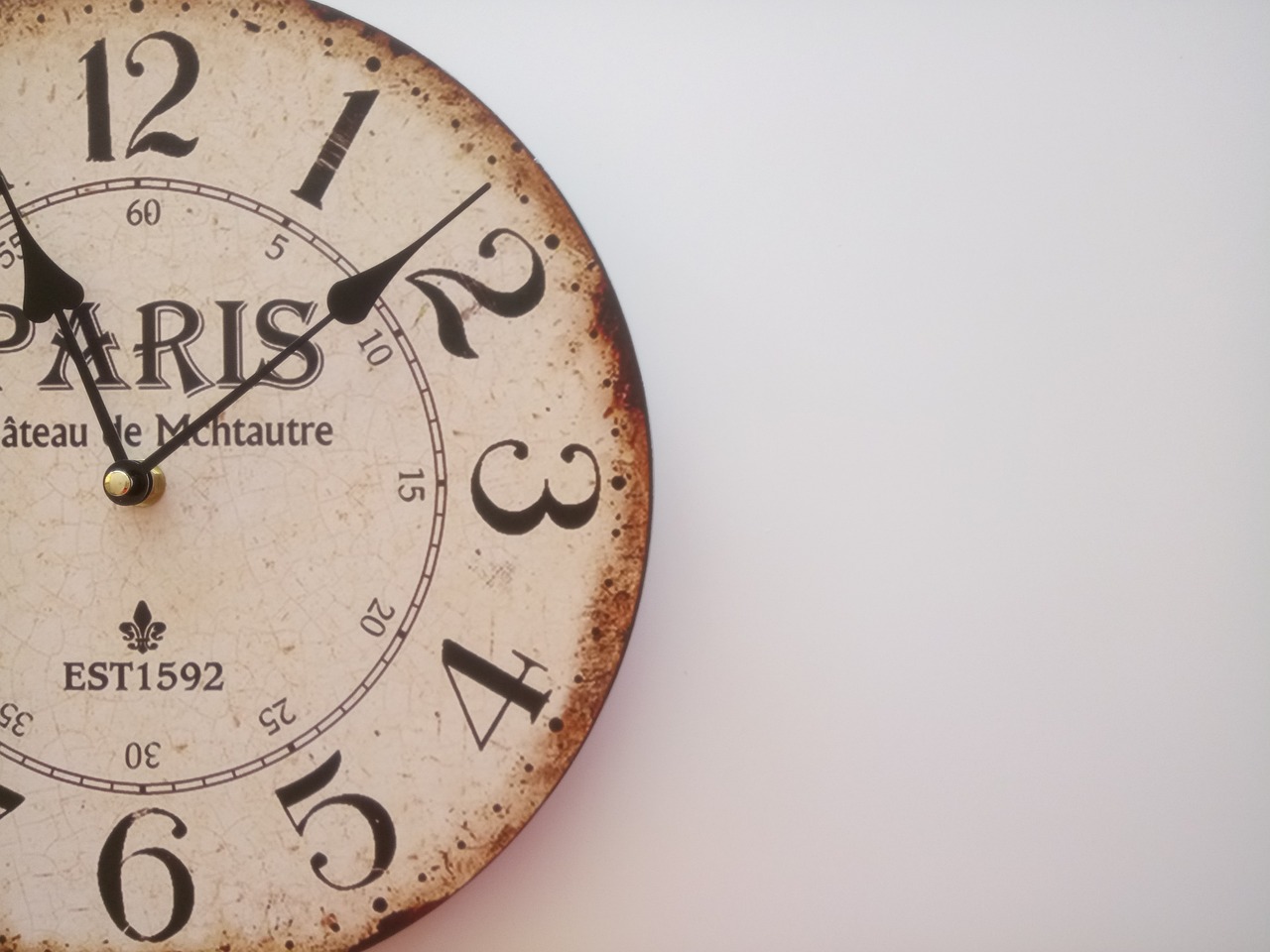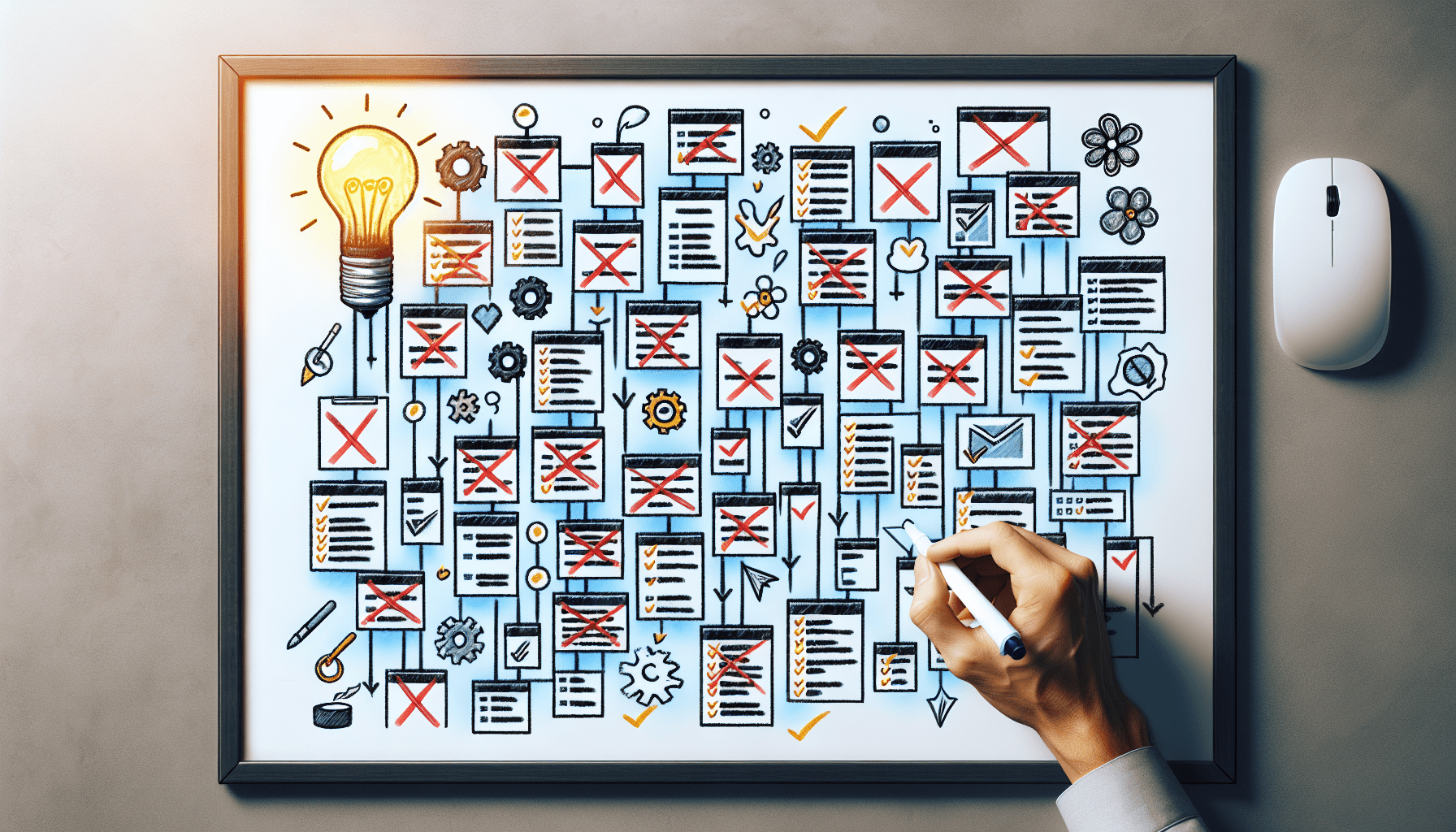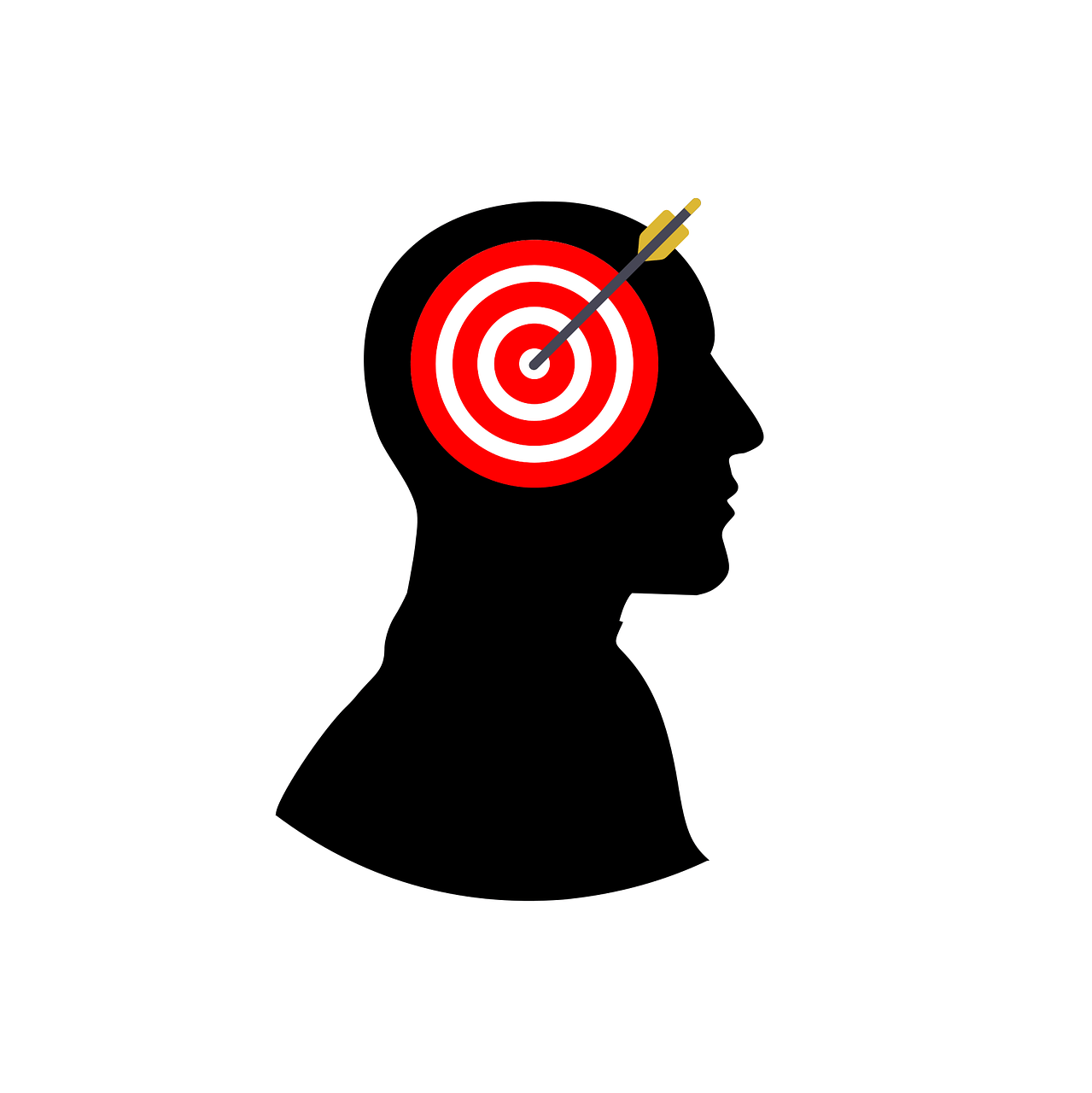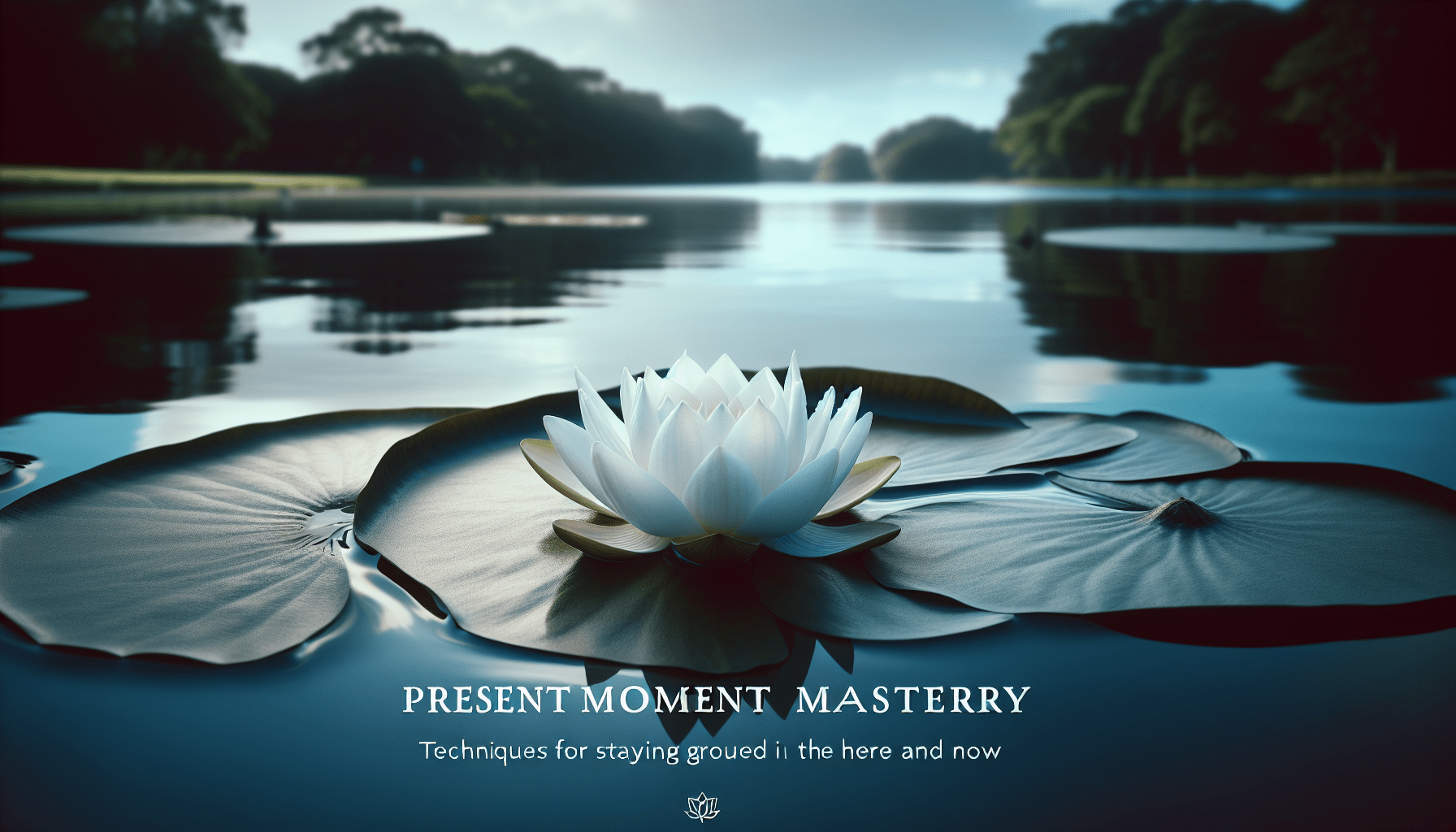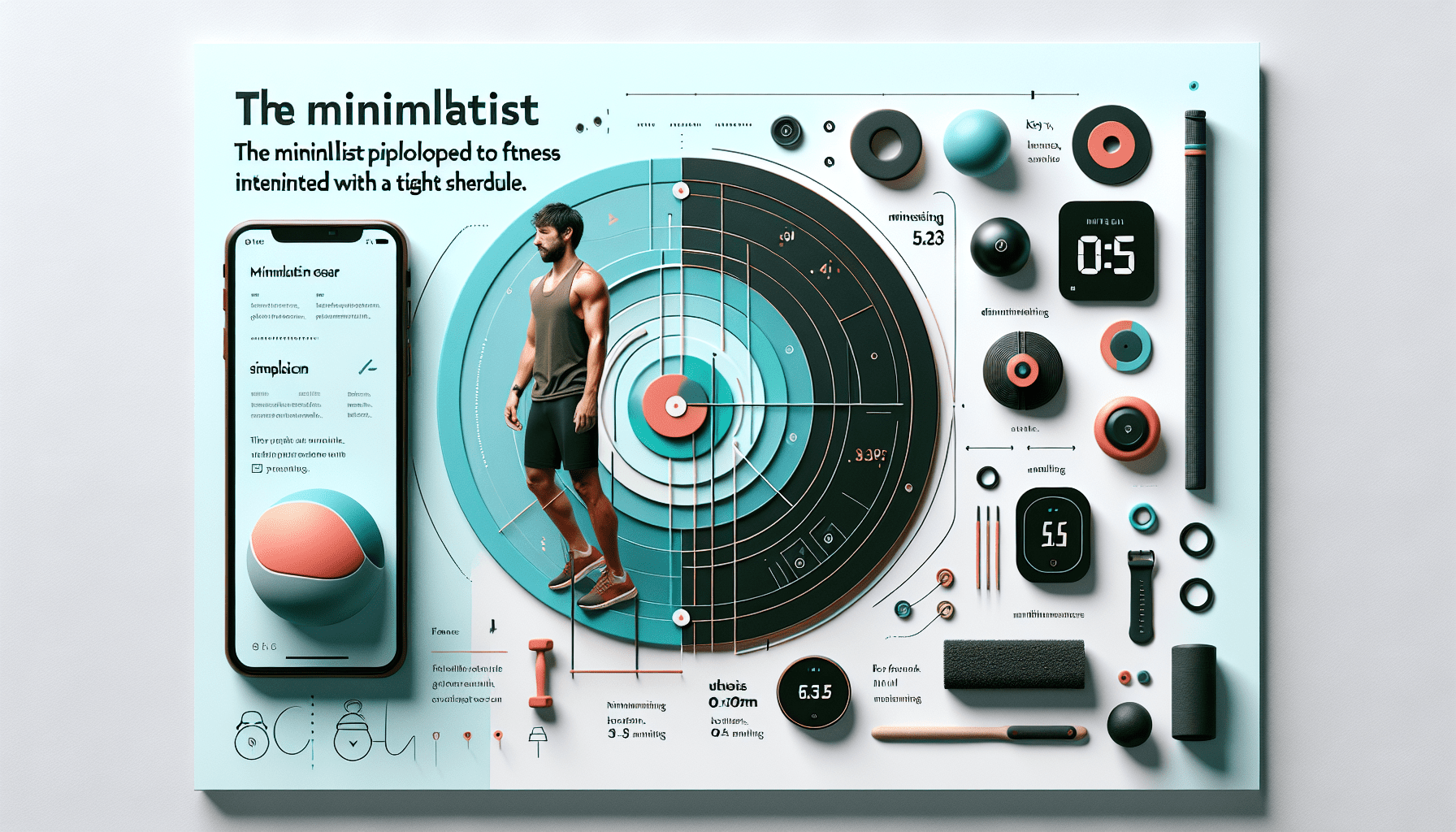
Living With Less: How Simplifying Your Life Can Enhance Well-being
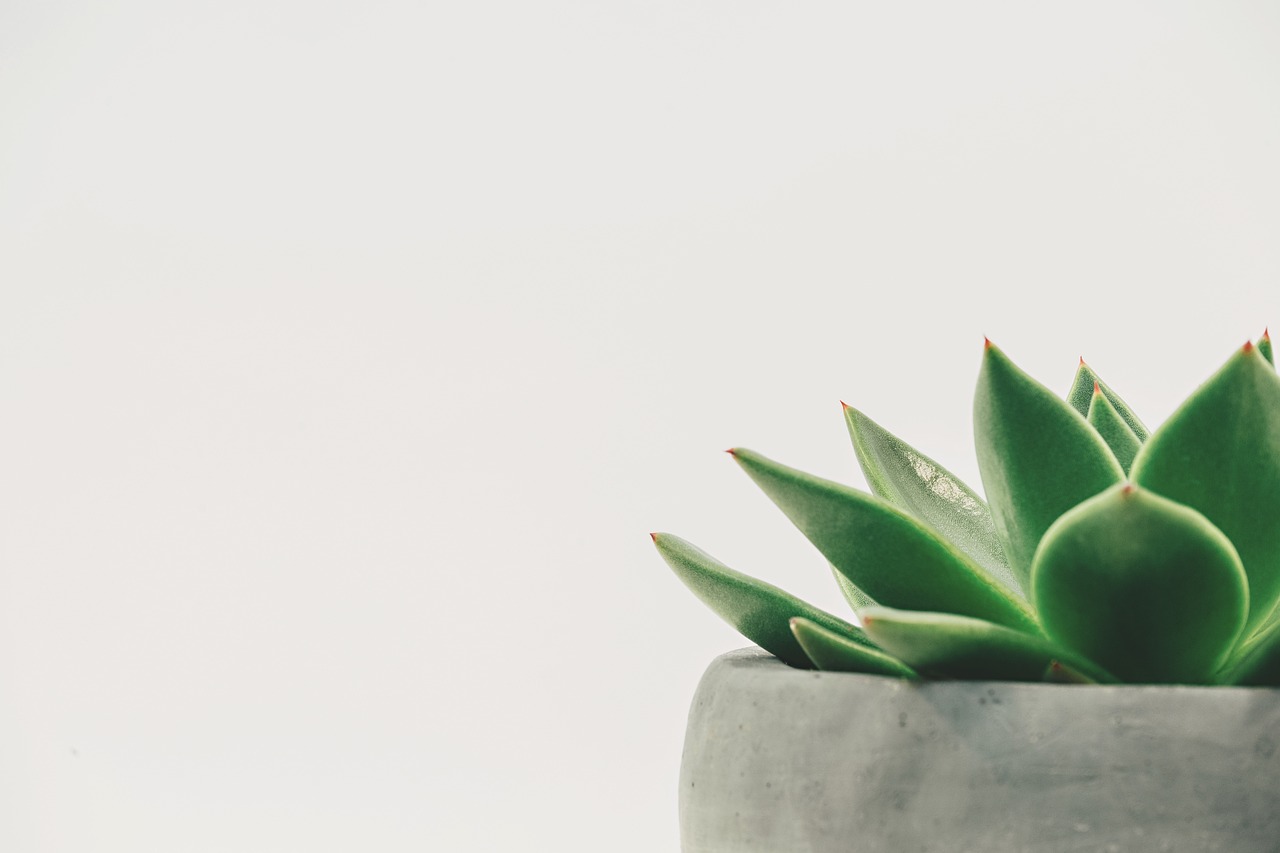
Have you ever thought about how simplifying your life could actually enhance your well-being? In a world filled with constant hustle and bustle, it’s easy to get caught up in the chaos and clutter that surround us. However, studies have shown that adopting a minimalist lifestyle and embracing the idea of “living with less” can bring about numerous benefits to both your mental and physical health. By decluttering your physical and mental spaces, you not only create a sense of calm and serenity but also allow yourself to focus on what truly matters, ultimately leading to a happier and more fulfilled life. So, why not explore the world of minimalism and discover how simplifying your life can enhance your overall well-being?

Minimalism and Well-being
In today’s fast-paced and chaotic world, finding peace and inner calm can be a challenging task. This is where minimalism comes in. By embracing a minimalist lifestyle, you can reduce stress and anxiety, improve mental clarity, enhance focus and productivity, and ultimately enhance your overall well-being.
Reducing stress and anxiety
Living in a cluttered and chaotic environment can have a significant impact on your stress and anxiety levels. The constant visual and mental stimulation of too much stuff can overwhelm your mind and leave you feeling exhausted and drained. However, by decluttering your space and getting rid of excess possessions, you can create a calm and serene environment that promotes relaxation and tranquility. This reduction in physical clutter can lead to a reduction in mental clutter, helping to alleviate stress and anxiety.
Improving mental clarity
When your physical space is cluttered, your mind tends to mirror that chaos. It becomes challenging to focus and concentrate on important tasks, leading to decreased productivity and increased feelings of frustration. However, by simplifying your surroundings and organizing your possessions, you can create a peaceful and clutter-free environment that enhances mental clarity. This increased clarity allows you to think more clearly, make better decisions, and prioritize your time and energy more effectively.
Enhancing focus and productivity
Living a minimalist lifestyle can have profound effects on your ability to focus and be productive. When you eliminate distractions and create an environment free from clutter, your mind can fully engage with the task at hand. Removing unnecessary possessions and simplifying your daily routines can also help to eliminate decision fatigue, allowing you to spend your mental energy on more important matters. By embracing minimalism, you are creating the ideal conditions for heightened focus and increased productivity.
Decluttering Your Space
One of the first steps towards achieving a minimalist lifestyle is decluttering your physical space. Not only does decluttering have numerous benefits for your mental well-being, but it also allows you to create a minimalist home environment that promotes peace and tranquility.
Benefits of decluttering
Decluttering goes far beyond just creating a tidy and organized living space. It can have a profound impact on your mental and emotional well-being. When you declutter, you not only make physical space in your home, but you also make mental and emotional space in your mind. It can be a cathartic and freeing process, allowing you to let go of the things that no longer serve you. Decluttering can also help you gain a new perspective on what truly matters in your life, leading to increased feelings of contentment and happiness.
Creating a minimalist home environment
Once you have decluttered your space, it’s time to create a minimalist home environment. A minimalist home is characterized by simplicity, functionality, and a sense of calm. It’s about surrounding yourself with the things that bring you joy and eliminating the excess. Focus on keeping only the items that serve a purpose or hold sentimental value. Embrace clean lines, open spaces, and natural light to create a serene and peaceful atmosphere. By creating a minimalist home environment, you are setting the stage for a more peaceful and intentional way of living.
Organizing and categorizing possessions
In addition to decluttering, organizing and categorizing your possessions is essential for maintaining a minimalist lifestyle. Take the time to establish a system for everything you own. This could involve investing in storage solutions, labeling containers, and creating designated spaces for specific items. By having a place for everything and everything in its place, you can eliminate the need for excessive storage and ensure that your space remains clutter-free. Regularly review and reassess your possessions to ensure that everything you own continues to bring value and meaning to your life.

Simplifying Daily Routines
A minimalist lifestyle is not just about decluttering your physical space; it’s also about simplifying your daily routines. By streamlining your everyday tasks, you can free up time and mental energy to focus on what truly matters.
Creating morning and evening rituals
Morning and evening rituals can set the tone for your entire day and contribute to a sense of calm and mindfulness. Instead of rushing through your mornings and feeling stressed, take the time to create a peaceful routine that allows you to ease into your day. This could involve activities such as meditation, journaling, or enjoying a cup of tea in silence. Similarly, establishing a relaxing evening ritual can help you wind down and prepare for a restful night’s sleep. By incorporating these rituals into your daily routine, you can start and end each day with a sense of intention and peace.
Streamlining meal planning and preparation
Meal planning and preparation can often be overwhelming and time-consuming. However, by simplifying your approach to cooking and eating, you can save time and reduce stress. Consider creating a weekly meal plan, grocery shopping with a list, and prepping ingredients in advance. This will help you avoid the last-minute scramble and ensure that you have nutritious and delicious meals readily available. By streamlining your meal planning and preparation, you can free up time for other activities that bring you joy and enhance your well-being.
Establishing a cleaning and organizing routine
Maintaining a clean and organized living space is essential for a minimalist lifestyle. Instead of spending hours cleaning and tidying up, establish a cleaning and organizing routine that allows you to stay on top of things. This could involve daily tasks such as making your bed, doing a quick evening tidy-up, and tackling specific cleaning tasks on designated days. By integrating these routines into your daily life, you can maintain a clutter-free and serene environment with minimal effort.
Digital Detox
In today’s technology-driven world, it’s essential to take a break from screens and digital devices to prioritize real-life connections and experiences. A digital detox can have significant benefits for your well-being.
Benefits of disconnecting from technology
Constant exposure to screens and digital devices can have adverse effects on your mental and emotional well-being. It can lead to increased stress, anxiety, and feelings of isolation. By disconnecting from technology, you are allowing yourself to break free from the constant distractions and demands of the digital world. This can lead to increased focus, enhanced creativity, and improved mental clarity. Taking a break from screens can also improve sleep quality, reduce eye strain, and promote better overall physical health.
Setting boundaries for technology use
To maintain a healthy balance between technology and real-life experiences, it’s important to set boundaries for technology use. Establish designated times and spaces where technology is not allowed, such as during meals or in the bedroom. Consider implementing technology-free days or weekends to give yourself a break from screens entirely. By setting boundaries and sticking to them, you can reclaim your time and attention and prioritize activities that bring you joy and fulfillment.
Prioritizing real-life connections and experiences
While technology allows us to connect with others, it’s important to prioritize real-life connections and experiences. Make an effort to spend quality time with loved ones, engage in face-to-face conversations, and participate in activities that nourish your soul. By being fully present in the moment and setting aside time for meaningful interactions, you can strengthen relationships, create lasting memories, and increase feelings of happiness and fulfillment.
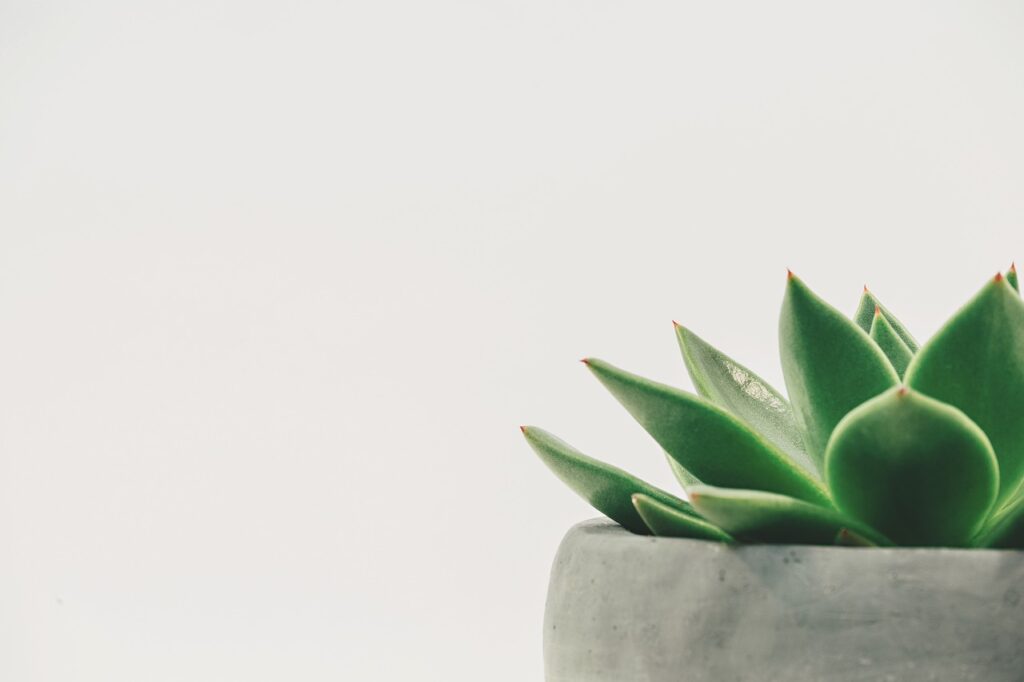
Embracing Slow Living
In a world that values speed and productivity, embracing slow living can have profound effects on your well-being. Slow living is about savoring the present moment, finding joy in the simple things, and prioritizing your overall happiness and contentment.
Slowing down and savoring moments
Slowing down and savoring the present moment is a fundamental aspect of slow living. It’s about being mindful and fully present in everything you do. Take the time to appreciate the small joys in life, such as sipping a cup of coffee, going for a leisurely walk, or enjoying a beautiful sunset. By slowing down and savoring these moments, you can increase your overall sense of happiness and well-being.
Balancing work and leisure time
Achieving a balance between work and leisure time is key to embracing slow living. In today’s society, it’s easy to get caught up in the cycle of constant busyness and hustle. However, by prioritizing leisure time and setting boundaries around work, you can create a more balanced and fulfilling lifestyle. Allow yourself to take breaks, engage in activities that bring you joy, and practice self-care. By finding this balance, you can recharge your energy, increase your productivity, and ultimately enhance your well-being.
Engaging in mindful activities
Mindfulness is at the core of slow living. Engaging in mindful activities can help you cultivate a deep sense of presence and connection with yourself and the world around you. This could involve activities such as meditation, yoga, journaling, or simply taking a few moments each day to pause and breathe. By incorporating these mindful practices into your daily life, you can reduce stress, increase self-awareness, and improve your overall emotional and mental well-being.
Financial Freedom
Financial stress can have a significant impact on your overall well-being. By embracing minimalism and prioritizing financial freedom, you can reduce expenses and debt, create a budget, and focus on experiences rather than material possessions.
Reducing expenses and debt
One of the primary benefits of minimalism is the ability to reduce expenses and debt. By questioning your spending habits and examining your purchases, you can identify areas where you can cut back and save money. This could involve reassessing your monthly subscriptions, reducing impulse purchases, and embracing a more intentional approach to consumption. By consciously choosing to live with less and reevaluating your financial priorities, you can free yourself from the burden of excessive debt and create a more financially secure future.
Creating a budget and financial goals
To achieve financial freedom, it’s essential to create a budget and set financial goals. A budget allows you to have a clear understanding of your income, expenses, and savings. It enables you to make informed decisions about how you allocate your resources and helps you stay on track with your financial goals. Whether your goal is to save for a specific milestone or to achieve long-term financial security, a budget will serve as your roadmap to success. By living within your means and aligning your spending with your values, you can create a sense of financial peace and security.
Prioritizing experiences over material possessions
Minimalism encourages us to shift our focus from accumulating material possessions to prioritizing experiences and moments that bring us joy and fulfillment. Instead of seeking happiness through the acquisition of things, prioritize activities and experiences that enrich your life and create lasting memories. This could involve traveling, exploring new hobbies, or spending quality time with loved ones. By embracing this mindset and embracing a more minimalistic approach to consumerism, you can free yourself from the constant cycle of wanting and acquiring, and instead focus on what truly brings you happiness and well-being.
Mindful Consumption
Mindful consumption is about examining our consumer habits and making conscious decisions about what we choose to bring into our lives. It’s about supporting sustainable and ethical brands and aligning our purchases with our values.
Examining consumer habits and values
Take a moment to reflect on your consumer habits and the values that drive your purchasing decisions. Ask yourself questions such as: Do I really need this? Does this align with my values? Will this purchase bring me long-term happiness? By examining and understanding your consumer habits and values, you can make more intentional and mindful purchasing decisions. This will not only help you avoid unnecessary clutter but also allow you to support brands and businesses that align with your values.
Making conscious purchasing decisions
When it comes to mindful consumption, it’s important to make conscious and deliberate purchasing decisions. Instead of succumbing to impulse buying or trends, take the time to research products and brands. Consider the environmental impact, ethical practices, and overall quality of the items you are considering purchasing. By choosing to support brands that align with your values and consciously selecting products that bring value and meaning to your life, you can contribute to a more sustainable and ethical consumer culture.
Supporting sustainable and ethical brands
Supporting sustainable and ethical brands is a crucial aspect of mindful consumption. Look for brands that prioritize transparency, fair labor practices, and environmentally friendly production methods. By choosing to support these brands, you are not only making a positive impact on the planet but also encouraging other businesses to follow suit. Vote with your wallet and use your purchasing power to support a more sustainable and ethical world.
Prioritizing Relationships
At the heart of a happy and fulfilling life are meaningful relationships. By prioritizing relationships, spending quality time with loved ones, and building a supportive community, you can enhance your overall well-being.
Fostering meaningful connections
Take the time to foster meaningful connections with family members, friends, and loved ones. This could involve engaging in deep conversations, actively listening, and showing empathy and support. By nurturing these connections, you can experience a greater sense of belonging, love, and companionship. Strong and meaningful relationships are essential for overall happiness and well-being.
Spending quality time with loved ones
In our busy lives, it’s easy to neglect quality time with loved ones. However, making an effort to spend meaningful time together is crucial for maintaining strong relationships. This could involve scheduling regular family dinners, organizing weekend outings, or planning special activities with friends. By prioritizing quality time and creating cherished memories with loved ones, you can strengthen your relationships and enhance your overall well-being.
Building a supportive community
In addition to close relationships with family and friends, building a supportive community is vital for your well-being. Seek out like-minded individuals who share your values and interests. This could involve joining clubs or organizations, attending community events, or volunteering for causes that you care about. By surrounding yourself with a supportive community, you can create a network of individuals who uplift and inspire you.
Self-Care and Well-being Practices
Self-care is an essential aspect of maintaining optimal well-being. By creating a self-care routine, prioritizing rest and relaxation, and engaging in activities that bring joy and fulfillment, you can enhance your overall happiness and contentment.
Creating a self-care routine
Creating a self-care routine is crucial for maintaining your physical, emotional, and mental well-being. This could involve activities such as taking regular breaks, practicing mindfulness or meditation, engaging in physical exercise, or indulging in hobbies and activities that bring you joy. By carving out time for self-care and making it a non-negotiable part of your daily routine, you can recharge your energy, reduce stress, and enhance your overall well-being.
Prioritizing rest and relaxation
In today’s busy and demanding world, it’s important to prioritize rest and relaxation. Allow yourself permission to take breaks, unwind, and recharge. This could involve taking a nap, enjoying a leisurely bath, reading a book, or engaging in activities that help you disconnect and unwind. By prioritizing rest and relaxation, you can reduce stress, improve sleep quality, and increase your overall energy levels.
Engaging in activities that bring joy and fulfillment
Self-care is not just about taking care of your basic needs; it’s also about engaging in activities that bring you joy and fulfillment. Take the time to identify what truly brings you happiness and incorporate those activities into your life. This could involve pursuing hobbies, engaging in creative outlets, or spending time in nature. By engaging in activities that bring you joy and fulfillment, you are nurturing your soul and enhancing your overall well-being.
Emotional and Mental Well-being
Taking care of your emotional and mental well-being is crucial for leading a fulfilling and happy life. By practicing gratitude and mindfulness, cultivating a positive mindset, and seeking professional help when needed, you can enhance your emotional and mental well-being.
Practicing gratitude and mindfulness
Practicing gratitude and mindfulness are powerful tools for enhancing emotional and mental well-being. Take a few moments each day to reflect on the things you are grateful for. This could involve keeping a gratitude journal or simply expressing gratitude in your thoughts. Similarly, practice mindfulness by being fully present in the moment and observing your thoughts and feelings without judgment. By incorporating gratitude and mindfulness into your daily life, you can reduce stress, increase happiness, and cultivate a positive outlook.
Cultivating a positive mindset
Cultivating a positive mindset is essential for emotional and mental well-being. Challenge negative thoughts and replace them with positive and empowering ones. Focus on your strengths, accomplishments, and the lessons learned from challenges. Surround yourself with positive influences such as uplifting books, podcasts, or inspirational quotes. By cultivating a positive mindset, you can increase feelings of self-worth, resilience, and overall happiness.
Seeking professional help when needed
It’s important to recognize when professional help may be necessary for your emotional and mental well-being. Seeking guidance from therapists or counselors can provide you with valuable tools and support to navigate difficult emotions and challenges. Never hesitate to reach out for help when you need it. Remember, taking care of your emotional and mental well-being is just as important as taking care of your physical health.
In summary, embracing a minimalist lifestyle can have a profound impact on your well-being. By decluttering your physical space, simplifying your daily routines, disconnecting from technology, embracing slow living, prioritizing financial freedom, engaging in mindful consumption, nurturing relationships, practicing self-care, and prioritizing emotional and mental well-being, you can create a life that is aligned with your values and brings you joy and fulfillment. So, why not start living with less today and embrace a more intentional and minimalist way of life? Your well-being will thank you for it.

